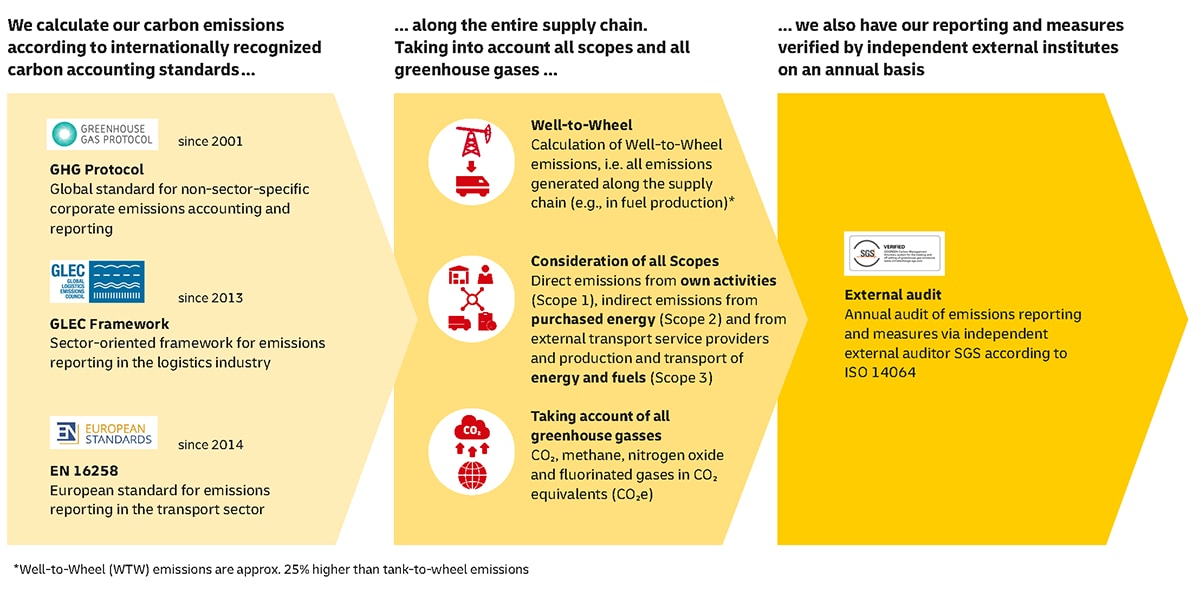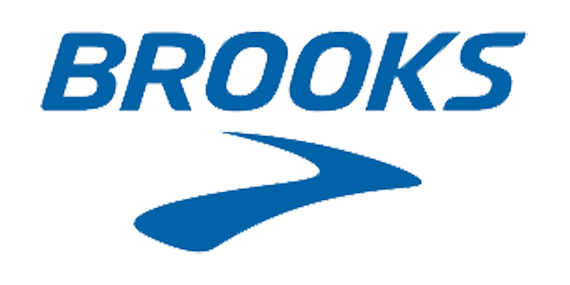In your GoGreen Plus certificate, we will also certify your improvement in CO2e emission intensity. The "improvement in CO2e emission intensity" (= CO2e emissions per shipment) provides additional information on the extent to which a CO2e reduction measure actually reduces emissions.
Our statement on the improvement in CO2e emission intensity states the percentage by which greenhouse gas emissions are reduced by our emission-reducing technology in comparison with standard technology.
For example, the CO2e emission intensity of a CNG truck that runs on biogas is normally at least 80% lower than that of a diesel truck, so using a biogas truck instead of diesel truck would be said to improve CO2e emission intensity by 80%.
In this way, CO2e emission intensity can be used to provide comparability in the environmental impact of different process performances (for example, using different fuels) for the same service or activity (for example, transporting a shipment), thereby highlighting the sustainability of using alternative technologies.
The Greenhouse Gas Protocol specifies "emission intensity" as an important unit of measurement in enabling comparability between different ways of performing the same process.





)
)
)
)
)
)